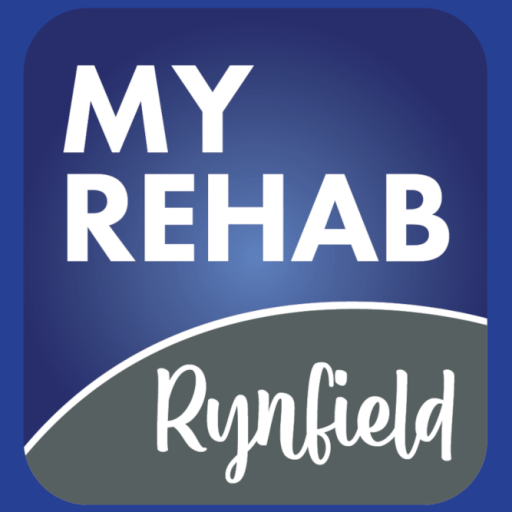Navigating Medication in Dual Diagnosis: A Compass for Recovery
In the intricate journey of addiction recovery, navigating the waters of medication management, especially within the context of a Dual Diagnosis, presents a unique set of challenges and opportunities. A Dual Diagnosis refers to the co-occurrence of substance use disorders alongside mental health disorders, a complex scenario that demands a nuanced approach to treatment and recovery. Understanding the role medication plays in this delicate balance is crucial for those treading the path to wellness. Let’s delve into the importance of medication in Dual Diagnosis treatment and offer insights into successful management strategies.
The Dual Diagnosis Conundrum
The interplay between mental health issues and addiction creates a chicken-and-egg scenario, making it challenging to untangle the interconnectedness of these conditions. People with a Dual Diagnosis require an integrated treatment plan that addresses both the addiction and the mental health disorder simultaneously to ensure the most effective path to recovery. Medication, in this context, isn’t just beneficial; it’s often necessary.
The Role of Medication in Dual Diagnosis Treatment
Medication in the treatment of Dual Diagnosis performs a dual function—it helps manage symptoms of mental health disorders while also addressing the complexities of addiction recovery. For instance, antidepressants or mood stabilizers can provide the emotional stability needed for individuals to engage more fully in their addiction treatment programs. Similarly, certain medications designed to reduce cravings or withdrawal symptoms can be pivotal in sustaining recovery efforts.
Navigating the Prescription Path
Medication management in Dual Diagnosis treatment requires careful consideration and ongoing supervision by healthcare professionals. Here are some critical points to consider:
Open Communication: Building a transparent relationship with healthcare providers ensures that all aspects of the Dual Diagnosis are considered in the medication plan.
Customized Treatment: No one-size-fits-all solution exists for Dual Diagnosis treatment. Medication plans should be personalized, taking into account the individual’s specific mental health and substance use disorder needs.
Monitoring and Adjustments: Regular check-ins with healthcare providers allow for monitoring of medication effectiveness and any potential side effects, making it possible to adjust the treatment plan as necessary.
Beyond Medication: A Holistic Approach
While medication is a vital component in treating Dual Diagnosis, it’s most effective when combined with other treatment modalities such as psychotherapy, lifestyle changes, and supportive community engagement. This integrated approach ensures that all facets of an individual’s well-being are addressed, forging a more comprehensive path to recovery.
Charting the Course Forward
Understanding and managing medication within the Dual Diagnosis framework is akin to navigating a ship through challenging but navigable waters. With the right compass—comprised of informed healthcare partnerships, tailored treatment plans, and a holistic recovery approach—individuals can steer toward the horizon of health and healing. As we continue to explore and better understand the role of medication in the recovery process for those with a Dual Diagnosis, let us remain committed to providing compassionate, comprehensive care that honors the complexity of their journey.
Navigating the landscape of Dual Diagnosis isn’t straightforward, but with the right resources, support, and information, the journey to recovery can be a transformative one, leading to a life defined not by addiction but by resilience and renewal.

